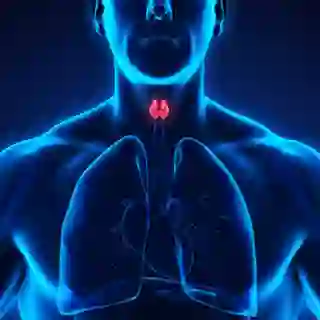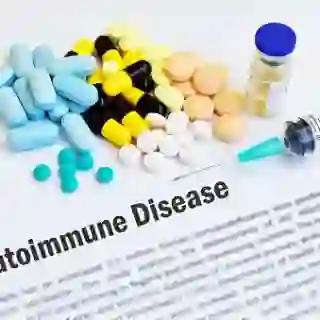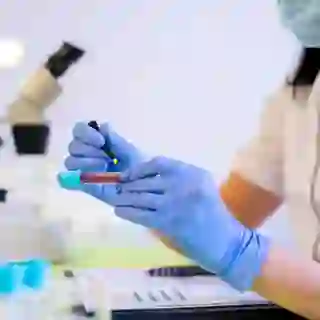Must Read: Chronic Spontaneous Urticaria and Your Thyroid

Urticaria is the medical term for hives - itchy, circular welts on the skin. Hives can appear on the face, torso, or limbs, and can range in size - up to several inches in diameter. When the cause is random, the condition is referred to as spontaneous. Chronic spontaneous urticaria (CSU) refers to hives that occur randomly and appear daily or continue to occur for months or years.

CSU and hypothyroidism
Research has shown that 10 percent to as many as 50 percent of people with CSU also have an underlying autoimmune thyroid condition called Hashimoto’s thyroiditis. This condition is a form of hypothyroidism (underactive thyroid).

What are the symptoms?
Symptoms of Hashimoto’s thyroiditis include fatigue, depression, constipation, weight gain, hair loss, sensitivity to cold, dry skin, muscle aches, muscle weakness, and stiffness in the joints. Symptoms of CSU are more severe in people who also have an autoimmune thyroid disease.

Who is at risk?
The combination of CSU and hypothyroidism is more common in men than in women.

What other autoimmune disorders are linked to CSU?
In addition to Hashimoto’s thyroiditis, a number of other autoimmune disorders also are linked to chronic hives. These conditions include rheumatoid arthritis, Sjogren’s syndrome, celiac disease, lupus, Raynaud’s syndrome, vitiligo, and type 1 diabetes. Research has also shown an increased risk of overactive thyroid disease (Graves' disease) caused by a different antibody.

What's the prognosis?
Treating the underlying autoimmune disorder or thyroid condition may increase the chances of remission in people who also have CSU.

What tests will I have?
To diagnose Hashimoto's disease, your doctor will order a hormone test and an antibody test. If your thyroid is underactive, the level of thyroid hormone will be low and your TSH will be elevated. The antibody test will confirm the presence of antibodies against thyroid peroxidase (TPO antibodies), an enzyme normally found in the thyroid gland that plays an important role in the production of thyroid hormones. A low TSH would suggest more of an overactive thyroid state.

What is the treatment?
Treatment for Hashimoto's disease depends on your situation. If your thyroid is functioning normally and your hormone levels are not deficient, your doctor will likely want to keep a close eye on your symptoms and lab tests. If you do have thyroid hormone deficiency, you will need a synthetic hormone and will require close monitoring to make sure you're taking the right dosage to fix the problem. An overactive thyroid would be treated with medications and/or radioactive iodine.

How can I prepare for my doctor's appointment?
Before your appointment, you should ask if there are any restrictions before any scheduled diagnostic tests, write down your symptoms, make a list of all your medications, list any questions you might have and, if you can, take someone else with you as a second pair of ears.

Next steps
If you have CSU, talk to your health care provder about having your thyroid checked. If you do have an underlying thyroid condition like hypothyroidism, treatment may help improve your hives symptoms.

What are some other things I can do to fix this?
Luckily, there are many lifestyle changes you can make if you have a thyroid disorder. You can change your diet (adopt an anti-inflammatory diet), keep your GI tract healthy (check for "leaky gut"), and try to keep up with exercise.

What's the research on CSU and Hashimoto's disease?
A study on hypothyroidism and CSU was conducted in 2011 and revealed that 25 percent of CSU patients had positive antibodies for Hashimoto’s disease. However, it was shown that thyroid autoantibodies do not induce urticaria and are only a byproduct of the condition.